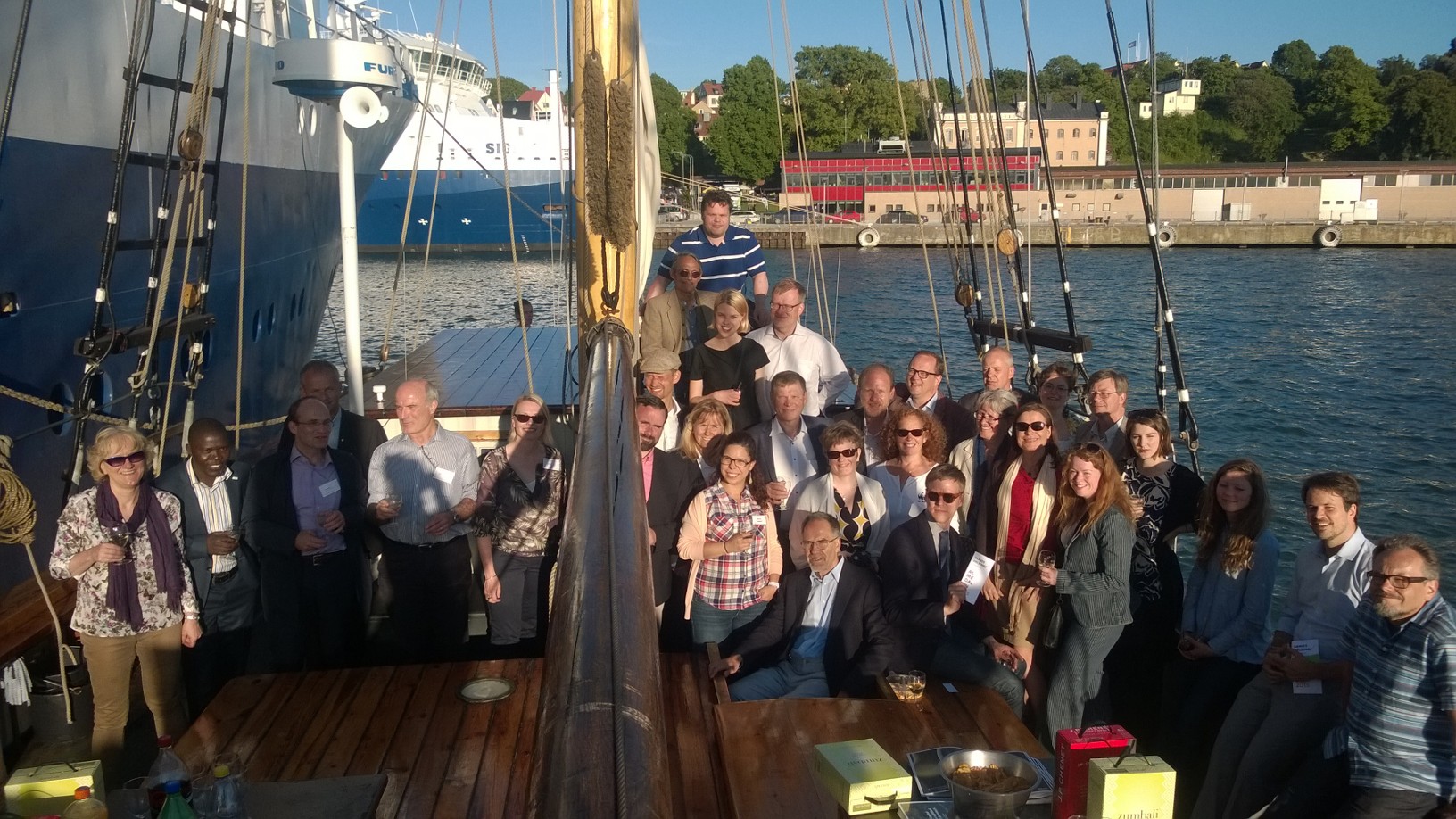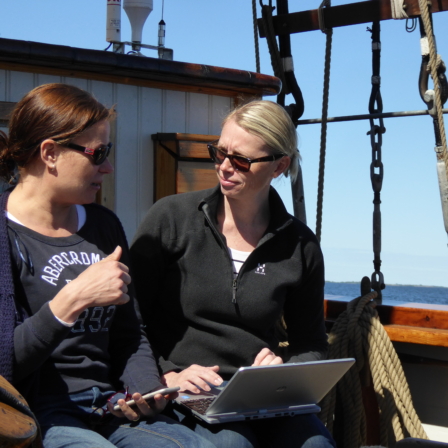In the last days of June, 20 Nordic mayors, nine representatives from Nordic cities, and 45 experts in urban development and climate change (from as far afield as the US, Africa and India) converged in Gotland, Sweden. They joined together for a special event at Almedalen Week – a series of talks and seminars geared toward crowd-sourced politics. It marked an important step in the region’s shift toward a sustainable future.
Finland’s 13-strong team of mayors and experts arrived in true zero-carbon style: they used wind power to sail to the event. The other delegates, who were unable to do the same, instead matched their travel emissions with South Pole Group’s carbon offsetting services.
In bringing together Nordic mayors and city representatives, the event helped establish important common ground on how to make cities carbon-neutral. When national governments fail to create and implement the necessary action on climate change ahead of the UN Climate Change Conference in Paris later this year, cities’ and mayors’ voices will need to be stronger.
The mayors discussed, at length, how to navigate the transition toward carbon-neutrality. They also raised the possibility of signing up to the Compact of Mayors – the world’s largest coalition of city leaders to be addressing climate change – before the Paris summit begins in November.
The policy and action agenda that emerged from the Gotland meeting includes an interesting box of tools. Through collaboration, many of these tools can be implemented more quickly and efficiently. This promises to strengthen each city’s competence and experience in dealing with environmental challenges.
Strategies discussed during the two-day meeting include public procurement policies and other city-level actions that can minimize the use of fossil fuels. Representatives also discussed a range of ambitious activities that will be necessary to establish a carbon-neutral city.
The proposed solutions were wide-ranging. Among them, delegates looked at innovation processes such as ‘City Labs’ or ‘Low-Carbon Cities Labs’ that encourage a high-level of cross-sector collaboration and stakeholder involvement (often in the form of public/private/civic partnerships). Cities introduced many other discussion points to the table, spanning the creative economy, social ventures, impact investment, planning and design, smart/green cities, entrepreneur and SMS support, shared economy and co-working, and the idea of an innovative eco-system or circular economy.
Resource efficiency, renewables and the development of new raw materials for the construction and transport sectors were named as key focus areas for reducing carbon in Nordic cities. But the discussion is always evolving. One of the new influences introduced by Finnish and San Francisco -based experts was ‘artistic urban innovation’. Their program showed how a city could reduce individual’s CO2e footprint from their current level of 9 tons per person a year, to just 1-2 tons per person. ‘Hackathon’ and ‘Climathon’ methods were also discussed as innovative ways to facilitate citizen participation.
The website set up for these cities and their mayors (www.thenordicroadtoparisandbeyond.se) can become a hub for collaboration. The site could also become a resource hub that highlights the most important solutions being used in those cities striving for carbon-neutrality.
Webinars, workshops and city-collaboration learning journeys can all form part of this new road-map being developed by the most forward-thinking cities. By autumn, we hope to see a development plan on how Nordic cities and mayors will collaborate – before and after Paris. They have the expertise required and are in a good position to exchange expertise and technology with cities in developing countries. The more partners join this movement, the better.








Recommended